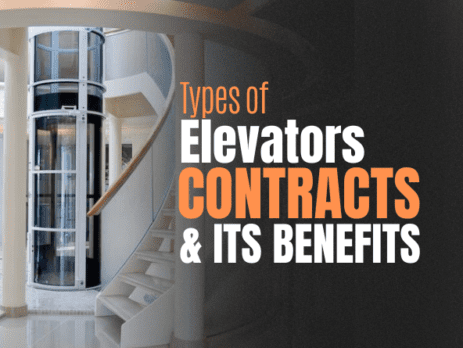Tips for strata selecting lift service contracts
From central ventilation systems and generators to high-rise pumped water supplies and elevators, the building service increasingly requires maintenance of vital machinery.
There are some things you need to know about lift service, when you look into elevators!
Here are basic requirements for lifts in Australia
- Legal requirements for annual elevator inspection and testing of safety compliance
- Uninterruptible phone and light operations during user-critical power outages
- A reliable phone line available (check if you have contingency from NBN changeover i.e., GSM unit installed)
What is an elevator service contract?
There are generally three types of elevator maintenance contracts, but the names vary from company to company:
- Basic (only maintenance and chargeable callouts and parts)
- Comprehensive (excluding some major components such as motor, pumps, inverters and main contactors)
- Full comprehensive (all-inclusive other than interference, vandalism etc.)
Basic contracts can be a useful tool for managing costs when assets are “low risk” (i.e. newly installed, least used units, such as DDA platforms). They can also be used on “high risk” assets to ensure equipment is adequately maintained, but contractors are reluctant to accept the risk and associated costs of parts failure and failure.
benefit:
- Low monthly cost
- Budget savings can be used for “special levy” or other project and construction costs
shortcoming:
- Unforeseen costs of asset failure (labor and material costs)
Comprehensive contracts are a good option for reliable or commercially supported units, as well as wholesale labor coverage for callouts and general repairs. In most cases, only bulky items, which tend to last longer, are excluded from these contracts.
benefit:
- Moderate monthly cost
- Relative peace of mind for everyday events
shortcoming:
- Unforeseen costs of the expensive and vital components
Full comprehensive contracts are most integrated and are the fully inclusive option, but like most things, it comes with a significant premium. Think of a full comprehensive contract as an “all-in-one” product that includes service, 24/7 assistance and an extended warranty.
benefit:
- almost complete peace of mind
- almost no extra cost
shortcoming:
Higher monthly cost
- Recognizable value only when multiple repairs or major repairs are required
In addition to the three general contract types above, it is always important to consider any exclusions that may be written into sub-clauses or annexes.
They may be fair and reasonable (eg: during our on-site inspection we noticed that the sheave wheels needed to be replaced and were therefore not included in our offer).
They can also be vague if you don’t have a good basic knowledge of your assets and their expected life cycles so enquiring and hiring an elevator consulting service is becoming a good start.
We hope the ideas presented here are “inspiring” and useful, and House of Elevators look forward to assisting you in the future!




